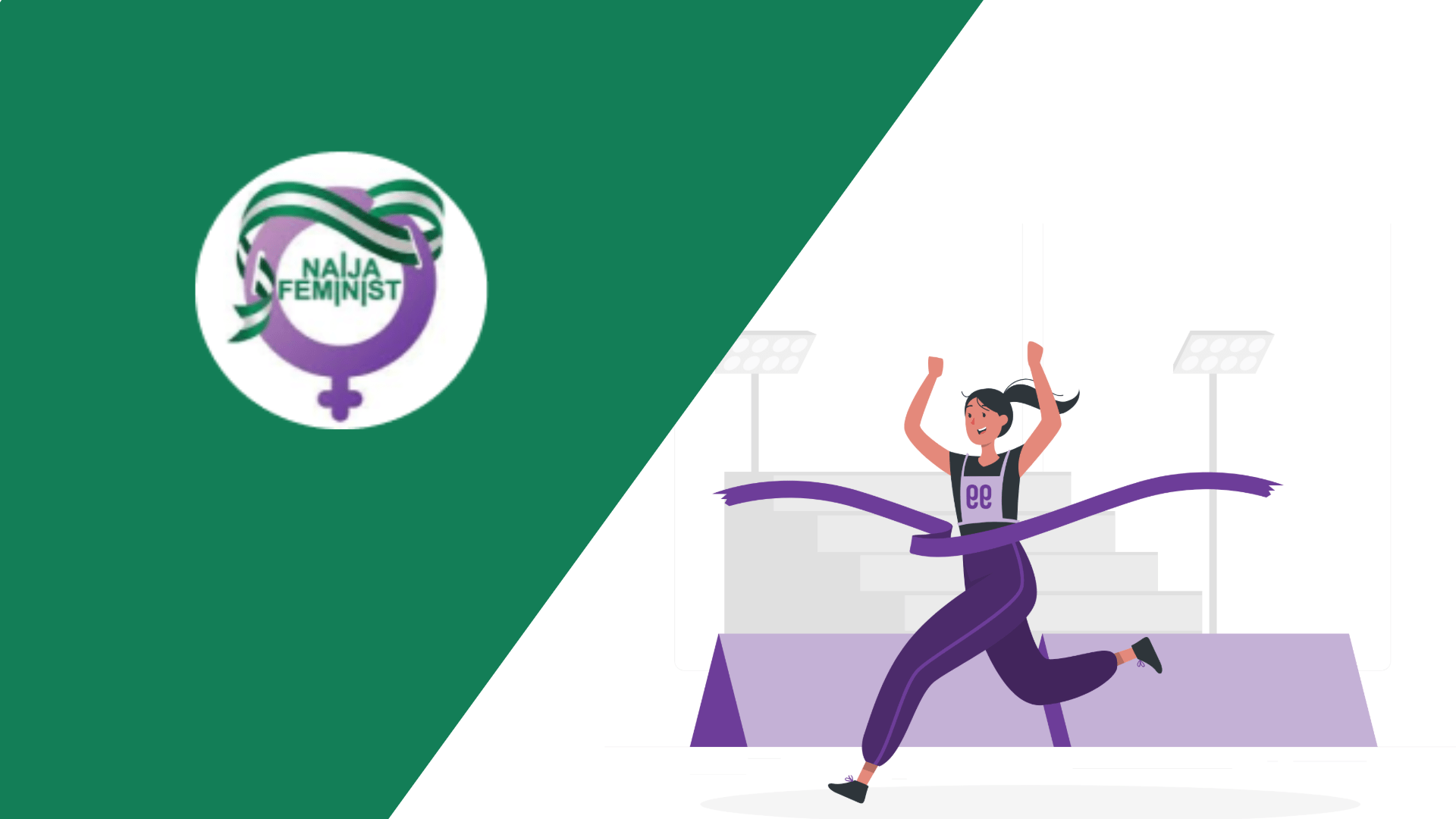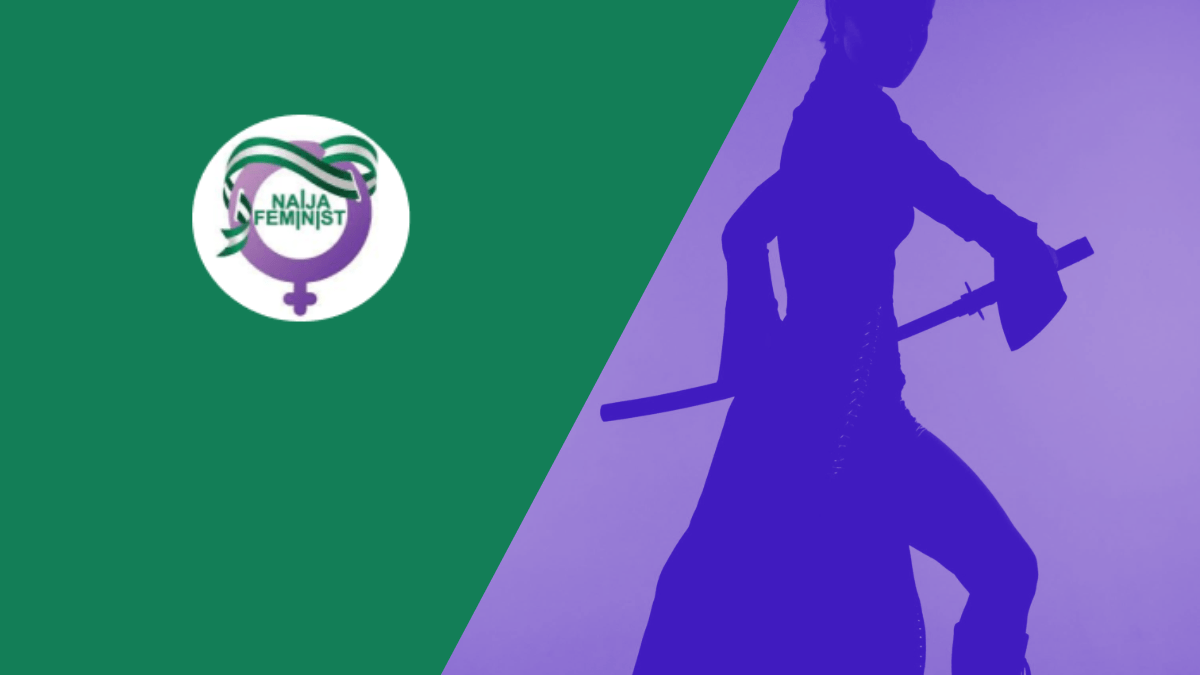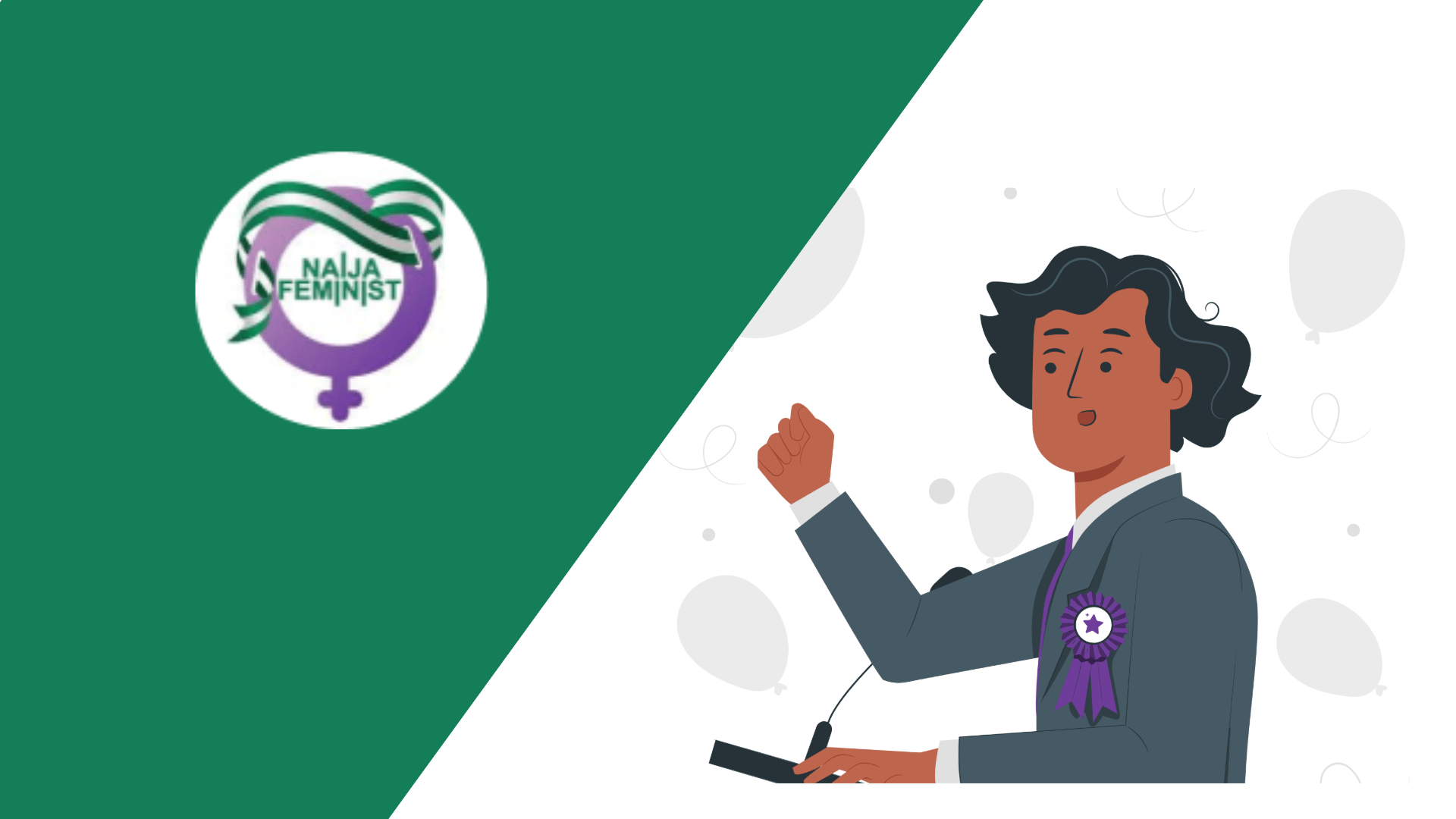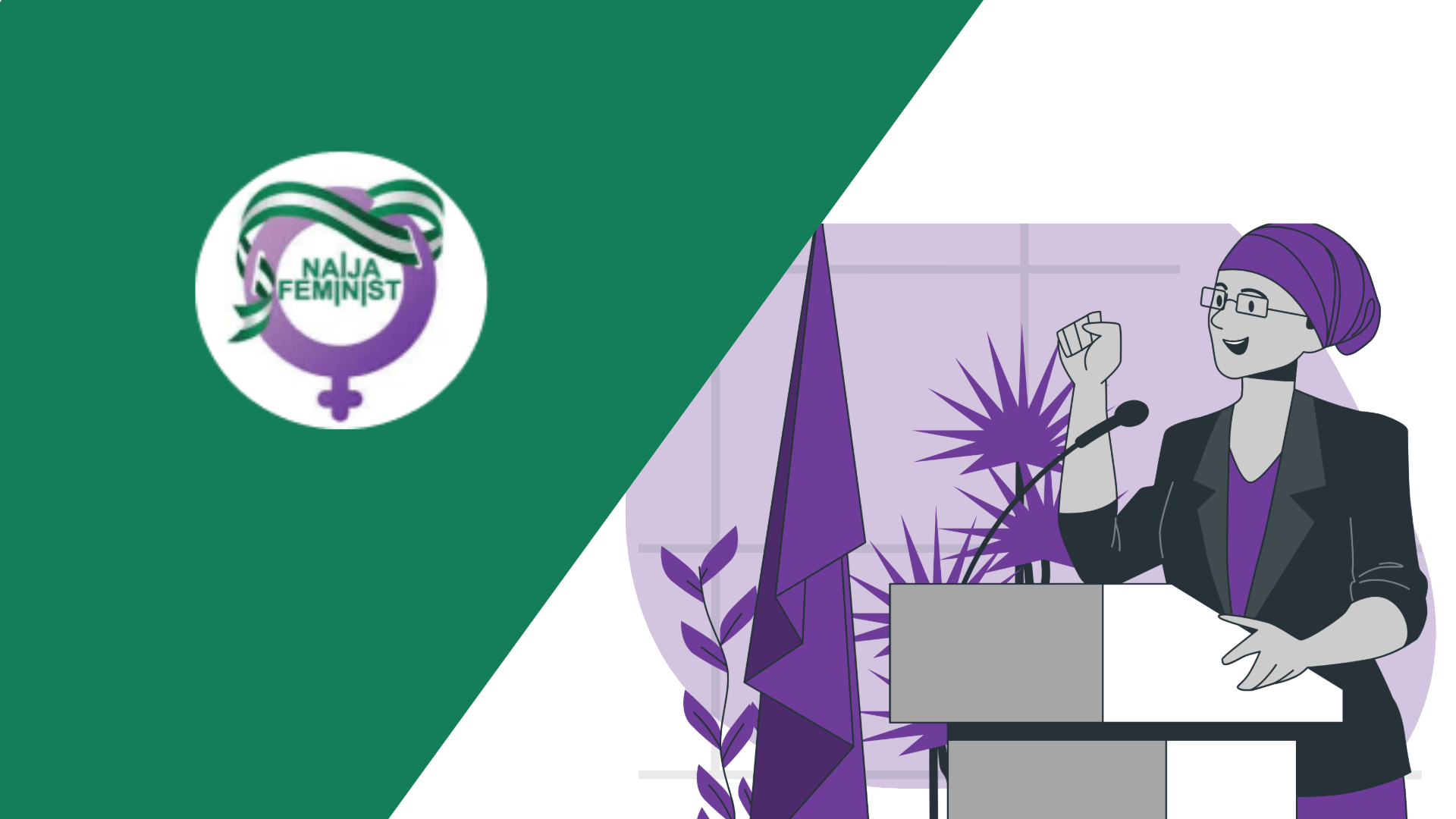Newsletter
The Intersection of Climate Crisis and Gender Inequality
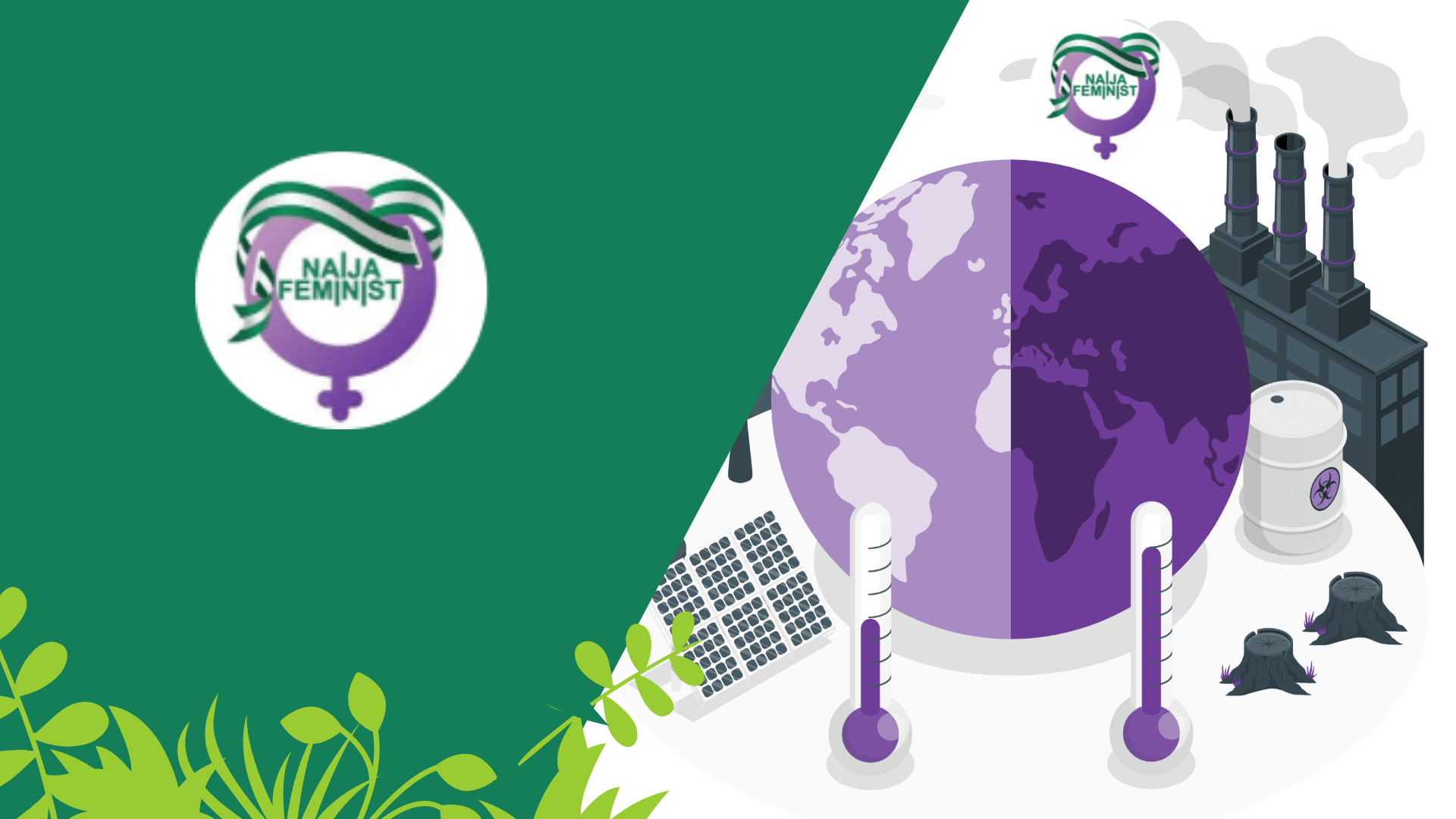
|
Getting your Trinity Audio player ready...
|
| Hello friend, Climate change is one of the most pressing global challenges we face today. While discussions about its impacts are common, the effects on the rights and lives of women and girls, particularly Nigerian women and girls, are often overlooked. As climate-related phenomena such as desertification, deforestation, drought, and flooding intensify, their implications on women and girls are becoming increasingly evident. In rural Nigeria, where agriculture is the primary occupation, droughts have prevented farmers from planting due to their reliance on consistent rain patterns. This has exacerbated food insecurity and poverty, compelling families to marry off their minor daughters to reduce the number of people to feed and generate income. Such practices violate girls’ rights to choose when and whom to marry and deny them access to education. Moreover, climate change has devastating effects on women’s health and nutrition. During periods of food insecurity, there is a societal expectation that women will sacrifice their own needs, leading to malnutrition and health complications. In cases of outbreaks, women who are often the primary caregivers are overwhelmed as they manage their families’ health needs while struggling with their own health challenges. Girls’ access to education is severely compromised, as they are often the first to be withdrawn from school to assist with work or chores. This disruption limits their future opportunities and entrenches them further in poverty as adults, reducing their financial independence and decision-making power within households and communities. With rising sea levels and extreme weather events displacing communities, women and girls are at greater risk of gender-based violence, exploitation, and trafficking. Even in refugee camps, they face sexual abuse and often lack access to healthcare, menstrual products, sanitation, and security. It is crucial to adopt a gender-sensitive approach when discussing the implications of climate change. By doing so, we can implement gender-inclusive changes that promote a more equitable society for women and girls. With love and solidarity,The Naija Feminists Community. |
 For many schoolgirls with disabilities, rags are alternatives to pads By: Blessing Oladunjoye Research shows that poor menstrual hygiene leads to harmful effects on a woman’s sexual and reproductive health – including risks for reproductive and urinary tract infections, which can result in infertility and birth complications. Elizabeth Talatu Williams, Sexual Reproductive Health Advocate, explained that “there are different health implications of using unhealthy sanitary products, such as urinary tract infection or fungi infection.” Kabirat* Shittu, a 15-year-old Deaf student of Sango Junior Secondary, cannot forget her experience with infection months after it happened. Her single mother, who works as a caterer, struggled to pay her medical bills when Shittu landed in the hospital because of the infection. Narrating her experience, she said, “I observed that I started having painful menstruation, and in that month, the pain became unbearable. I had a lot of blood coming out of me. I was helpless and weak, so my mum had to clean me up. The menstrual flow continued for days; eventually, my mum took me to the hospital, where it was confirmed that I had an infection.” Shittu was advised to always use sanitary pads along with the prescribed medications, but her family’s economic situation is challenging. “Despite being told to use pads only for menstruation, I use tissue whenever I am at home so that I can change regularly, but whenever I am going out or in school, I try to use pads. This is also dependent on whether there is money to buy the pad. I wish I could always have access to pads. I don’t want to relive that experience. I don’t want the infection to reoccur,” Shittu added. Continue reading on how the intersection of poverty, disability, and lack of WASH facilities in schools affects school girls’ access to menstrual hygiene. |
 Watch out for Episode 1 of A Dose of Feminism (ADoF) featuring our guest, Ololade Faniyi! This episode delves into African feminism, bringing you fresh insights and stories. Whether you are a beginner or an advocate, Ololade’s unique perspective will challenge and enlighten you. Don’t miss out—join the conversation and be part of the movement!   |
 If qualified, submit your application today as a PR and Social Media coordinator for the “African Feminisms – Rights, Representation and Resources” project by The Goethe Institute. Women Radio wants to hire a Project Assistant Graduate Intern. Learn more about the opportunity.Our organisation, Naija Feminists Media, accepts volunteers for Accountant and Social Media Manager roles. Email us at naijafeminists@gmail.com to apply. |
 |


